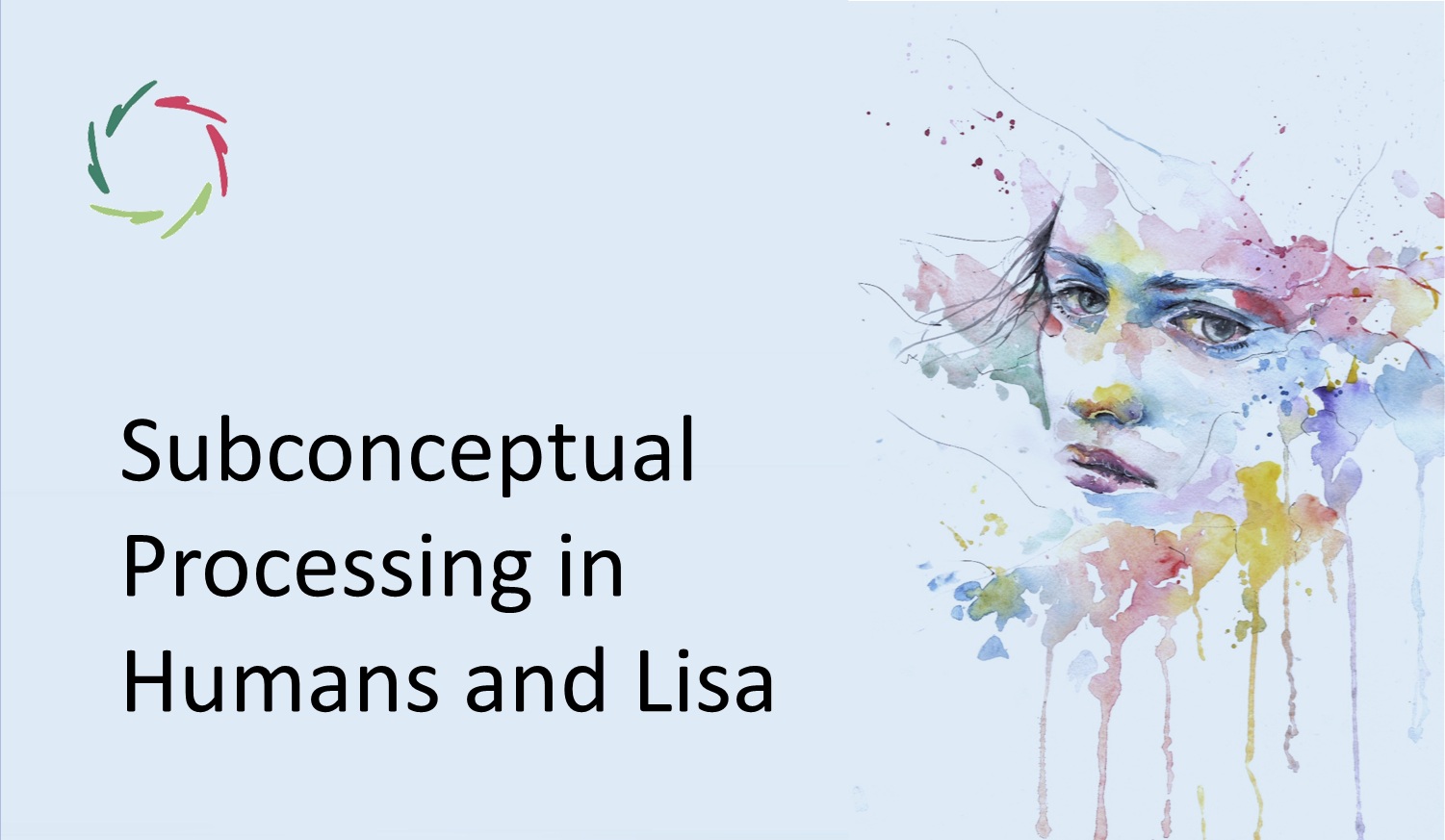Natural Kind Concepts

“To say that a kind is natural is to say that it corresponds to a grouping that reflects the structure of the natural world rather than the interests and actions of human beings.” (*) ‘Rather than’ already denotes the relative nature that pervades the whole domain.
Please read The meaning of a word.
This is the flip side of the same coin as social/general constructionism.
Natural kind concepts supposedly belong to the fundamental reality beneath the human constructs. Yet they are all relative — so, is there a fundamental reality in an ultimate sense?
We don’t know.
Natural versus unnatural kind
We can shove characteristics together and posit the result as a concept. Then, we can say that these characteristics intentionally define this concept. That doesn’t mean the concept exists outside of our shoving together. In that case, it’s clearly not a natural kind concept.
If we find a set of items that clearly belong together on the basis of a strong set of characteristics, then we can more readily talk of a natural kind concept.
The difference is made by the arbitrariness of the characteristics.
In an attempt to avoid arbitrariness, science is seen as unveiling natural kinds.
Even more, it’s about finding the most basic ones, thereby reducing unnecessary complexity in a quest for truth even while ‘final truths’ may not be reachable.
For instance, the search for a genuine unification theory of the universe — the one thing or force that everything is made of.
(Organic) nature’s ‘good enough’ is good for natural things.
Good enough to live and thrive — and procreate. Organic nature – of which we are a part – is into the concrete, not the abstract.
Yet, as far as we can see, universal nature is not necessarily devoid of the abstract.
Concepts are abstract.
A concept can be defined in two ways:
- Intentional: by enumerating the characteristics that belong to this concept.
- Extensional: by enumerating the set of items that belong to this concept.
Note that the concept doesn’t have these characteristics, nor is it the set itself.
Being abstract, concepts don’t exist in the spatiotemporal world.
Therefore, natural kind concepts also do not exist. They are irrevocably mental constructs. There is no chance they are ‘real.’ Whether they are ‘realistic,’ we cannot know. In view of our finding out ever more about the complexity of the universe, they probably don’t. Their existence would be close to magical.
This is especially important in super-A.I.
Such as for the Lisa project.
Ideally, there should be one clear and distinct ontology (set of concepts and relationships) to be used unequivocally in reasoning and communication.
The human mental world is far from that, which is one reason why we live in many silos and, within each silo, in a far semblance of understanding each other.
―
(*) Stanford Encyclopedia of Philosophy ― Natural Kinds; https://plato.stanford.edu/ENTRIES/natural-kinds/


